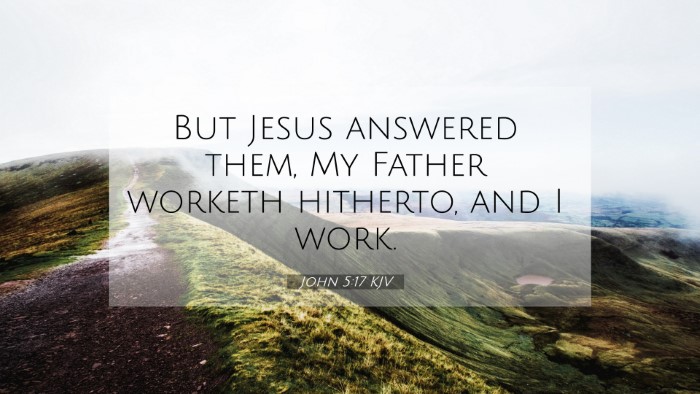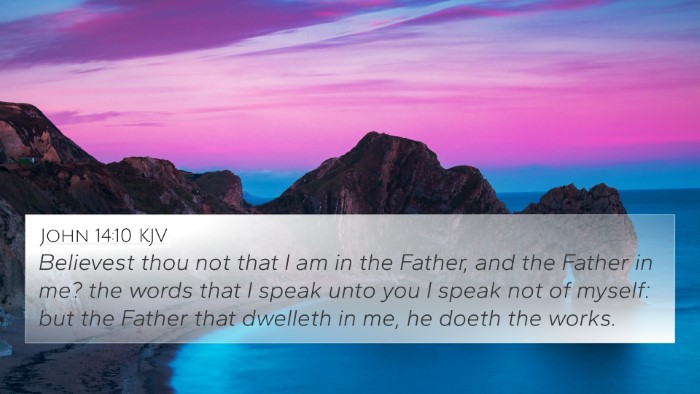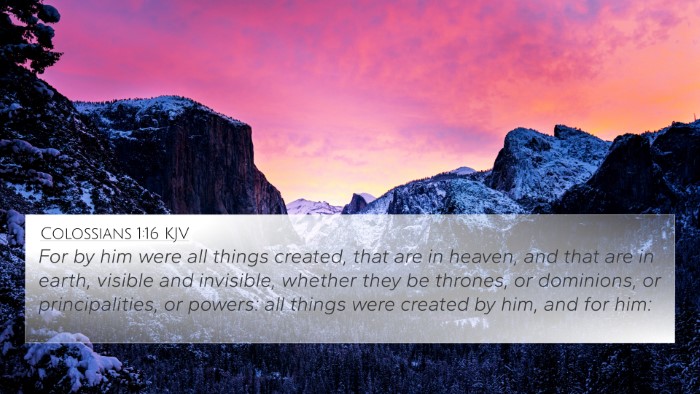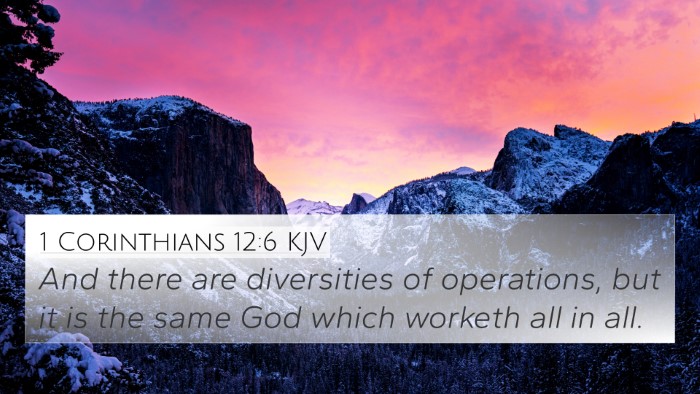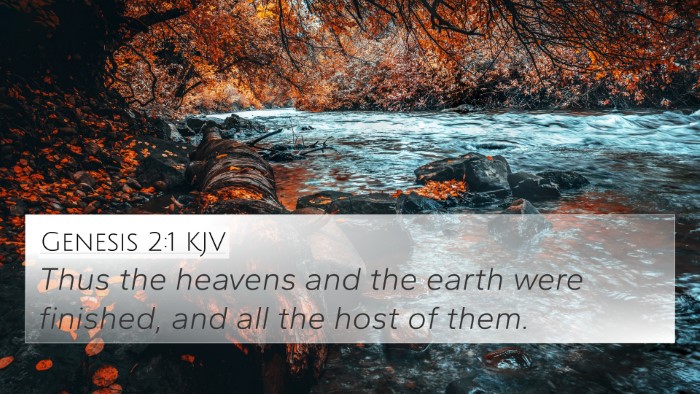Meaning and Interpretation
The powerful statement made by Jesus in John 5:17 invites profound theological discourse. Jesus openly declares that He is engaged in the same work as His Father, which was quite revolutionary and significant within the cultural context of His time.
Contextual Background
Following the healing of a man on the Sabbath, Jesus faced criticism from the Jewish leaders. In this moment, He articulates a profound truth regarding His divine authority and unity with the Father.
-
Matthew Henry's Commentary:
Matthew Henry emphasizes that Jesus’ work represents God’s continual providence in the world. By asserting that He works as the Father works, Jesus affirms His divine nature and relationship to God, highlighting that His mission is both divine and unending.
-
Albert Barnes' Notes:
Barnes remarks that this statement shows Jesus’ divine equality with God. He suggests that the collaboration between Jesus and His Father denotes the essential nature of their relationship and mission. The work Jesus refers to is not only miraculous but is also reflective of broader divine governance.
-
Adam Clarke's Commentary:
Clarke interprets this verse as Jesus’ commentary on the nature of God’s work in the world. He explains that just as the Father does not cease to work, neither does the Son. This assertion reveals the ongoing commitment to the unfolding of God's plan and purpose.
Theological Implications
This verse not only affirms the deity of Christ but also establishes a pattern for understanding divine work in humanity. It prompts believers to consider how God’s work continues through Christ and by extension, through His followers.
Cross-References
John 5:17 is intricately connected with several other biblical verses that echo its themes:
- John 14:10 - "Believest thou not that I am in the Father, and the Father in me? The words that I speak unto you I speak not of myself: but the Father that dwelleth in me, he doeth the works."
- Colossians 1:17 - "And he is before all things, and by him all things consist."
- Hebrews 1:3 - "Who being the brightness of his glory, and the express image of his person, and upholding all things by the word of his power, when he had by himself purged our sins, sat down on the right hand of the Majesty on high."
- Matthew 12:8 - "For the Son of man is Lord even of the sabbath day."
- John 10:30 - "I and my Father are one."
- Genesis 2:2 - "And on the seventh day God ended his work which he had made; and he rested on the seventh day from all his work which he had made."
- Luke 4:18 - "The Spirit of the Lord is upon me, because he hath anointed me to preach the gospel to the poor; he hath sent me to heal the brokenhearted, to preach deliverance to the captives, and recovering of sight to the blind, to set at liberty them that are bruised."
Practical Applications
In light of this verse, believers are encouraged to reflect on their own calling and the work that God is doing through them. Just as Jesus was engaged in His Father's work, Christians are called to actively participate in God’s mission in the world.
Tools for Bible Cross-Referencing
To deepen understanding of scripture, one may utilize various tools for Bible cross-referencing, such as:
- Bible Concordance
- Bible Cross-Reference Guide
- Bible Reference Resources
- Comprehensive Bible Cross-Reference Materials
Conclusion
John 5:17 encapsulates the essence of Jesus’ divine mission and His unity with the Father. This statement not only affirms His authority but also invites believers to recognize their role within God’s ongoing work in the world. By connecting this verse with others, Christians can deepen their understanding of Scripture and its application in their lives.


